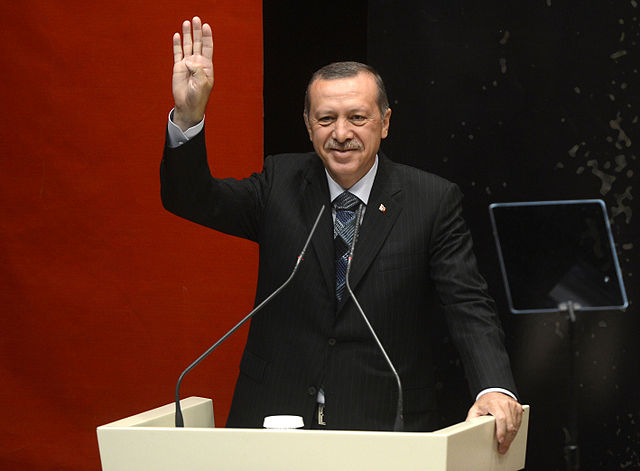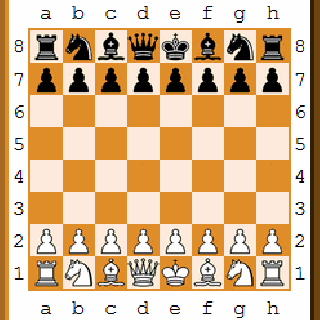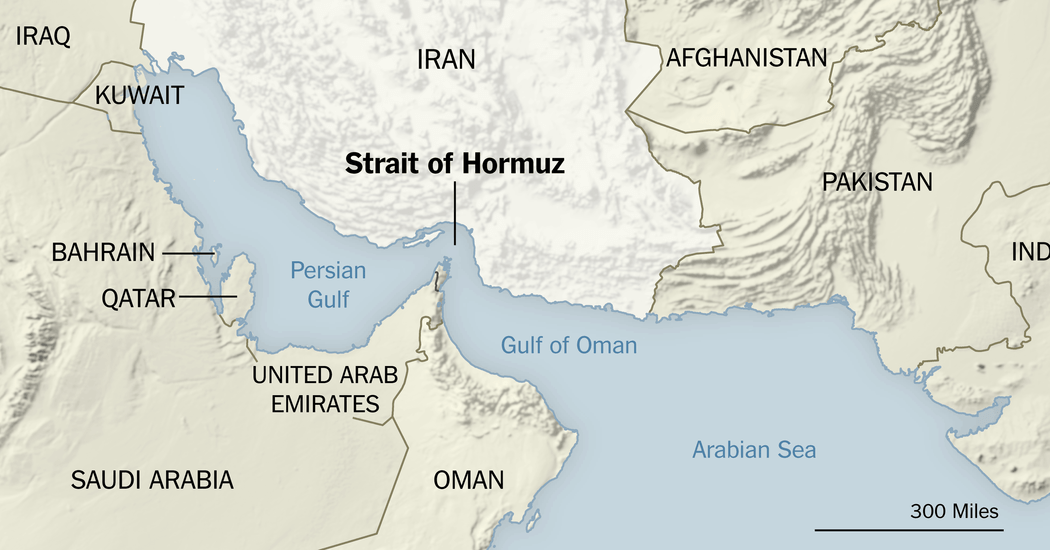The Saudis and other GCC states are now pressuring Qatar. Allegedly over Qatar’s support for “terrorism”. The Trump Administration appears divided. Both countries are close allies of the US. Secretary of State Tillerson has called for calm and negotiations, while Trump himself as made statements that favor the Saudis.
Americans and many other Westerners will yawn, or “pass the popcorn” as they revel in a dispute among pampered royals. But whatever one thinks of this dispute, the portents are disturbing.

Ties that Bind?
First some history: the
Qataris and Saudis are nominally allies. Both support Wahhabism
as the State religion and both have allowed their citizens to fund
ISIS and other groups that we in the West would see as terrorists.
But Qatar supports the Muslim
Brotherhood, which calls for democratic reforms. This
(supposedly) annoys the Saudis who see MB as a threat to their
absolute rule and religious authority. The Saudis are rumored
to have been a major force behind the coup against Egypt’s
democratically-elected, MB-aligned Morsi.
It is, perhaps, telling that the Saudis also once supported MB. Indeed, a Western observer would not be able to discern much difference between Wahhabi and MB adherents. Like Wahhabism, MB calls for Sharia law and jihad. A cynic may well view MB’s “acceptance of Democracy” as a facade. Especially given that the most powerful and prominent states that support MB are a monarchy (Qatar) and dictatorship (Turkey). Indeed, Pat Lang provides a first hand account of such deception:
I was present at a meeting at the ruler’s palace in Doha in which the then emir laughed and told the group I was with that if the West wanted democracy he would create things for them to look at. He would have a parliament. He would have a “free” press (Al-Jazeera?).
WTF?
So what’s really going on? Most pundits
are saying that:
- Trump’s cozing up to the Saudi was due to his being “taken in” or fooled by one or more of the following: the Saudi King; Trump’s pro-Israel son-in-law Jared; neocons.
- Having secured the blessing of the Trump Administration, the Saudi King is now emboldened to take on his major opponent within Sunni Islam.
That may be so. But two things are disturbing about this simple reading:
- the terrorist attack in Tehran, and
- the absence of discussion about Syria.
If one wanted to anger the Iranians and thereby force their involvement in the Qatari-Saudi dispute, this attack in Tehran couldn’t have come at a better time. The Saudis and other Sunni states will paint Tehran’s involvement as “aggression.” In this way, the Saudis aim to unite the Sunnis.
The attempt to topple the Assad regime in Syria has all but failed. The proxy army assembled by the ‘Assad must go!’ Coalition has been defeated. Is Saudi Arabia turning on their own to recoup the cost of this adventure? Some hint that this may be so but it is not discussed much. Probably because it would raise too many troubling questions like state sponsorship of terror and why the US and UAE would support such a move.

Conclusion
While the exact mechanism is
unclear, the Saudi-Qatar dispute could be a ruse to lure Iran or
Russia into support for Qatar – support which can be depicted as
threatening or an ‘attack’ on Western/GCC interests.
Such a threat helps the Saudis to unite all Sunnis under their leadership and prompts US to take steps to counter Iran’s capability to close the Straits of Hormuz.
Whether the Qatari emir is a victim of Saudi strategy or just playing along is an open question.
